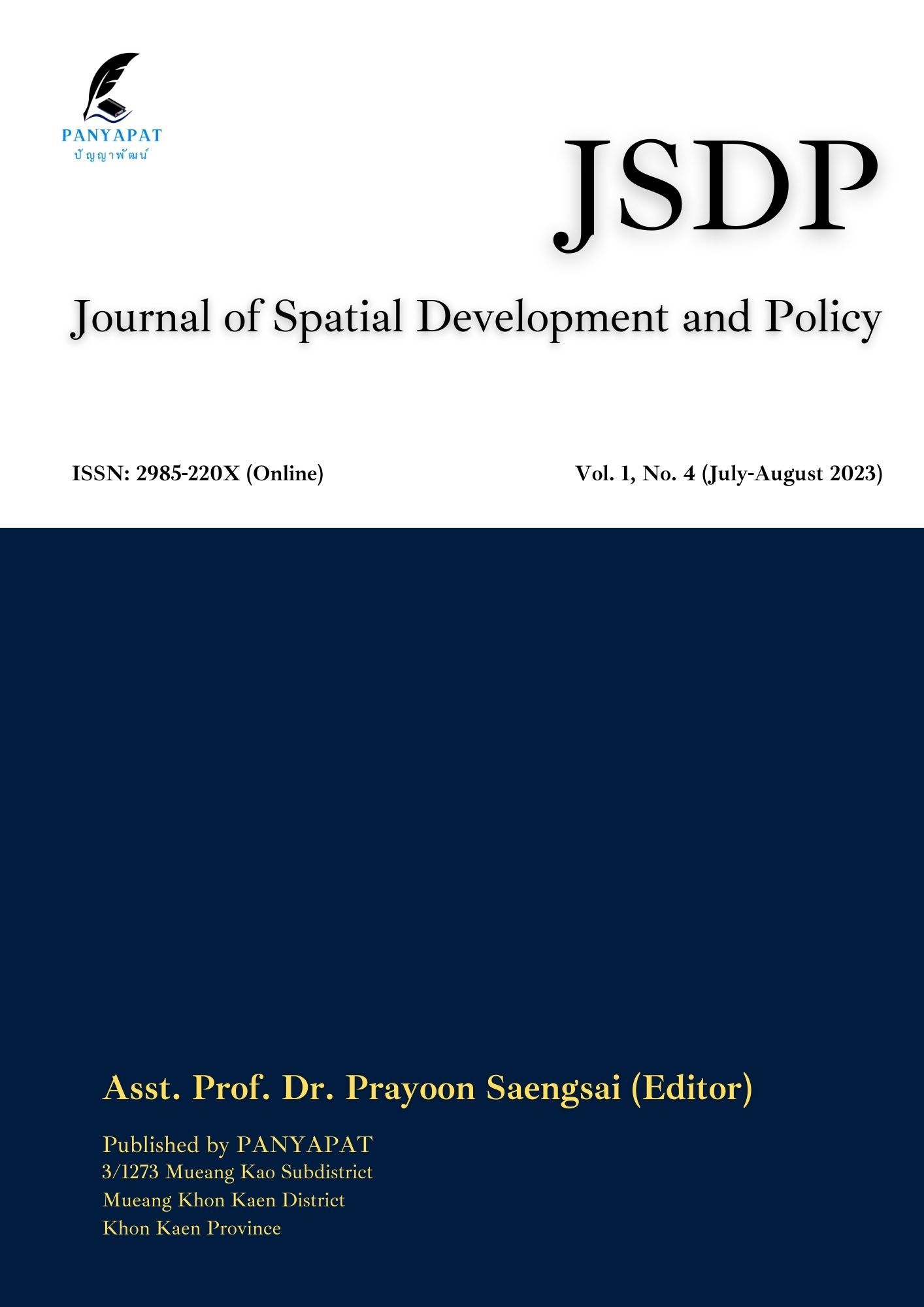State and Governance in Lao Tzu's Philosophy: Analysis on Anarchism
Main Article Content
Abstract
Lao Tzu's perspective on the state and governance is examined in this article in order to support anarchism in his philosophical system. Lao Tzu's political philosophy, according to the essay, is more anarchist than anything else. He makes an effort to demonstrate the unaffected, natural state of things. People in political society are also. The parents would not have carried out that action. This is so because each person has a unique human character. notably the uncontrollable aspects of nature Therefore, Lao Tzu's political philosophical idea of focusing on the independence of the people was therefore considered to be paramount. The idea of a state and a government denies the ability of the state and the ruler to impose force and take action. However, those must be meager powers of government.
Article Details

This work is licensed under a Creative Commons Attribution-NonCommercial-NoDerivatives 4.0 International License.
References
สุวรรณา สถาอานันท์. (2556). กระแสธารปรัชญาจีน: ข้อโต้แย้งเรื่อง ธรรมชาติ อำนาจ และจารีต. (พิมพ์ครั้งที่ 4). กรุงเทพฯ: สยามปริทัศน์.
เหลาจื่อ. (2562). วิถีแห่งเต๋า (พจนา จันทรสมบัติ, ผู้แปล). กรุงเพทฯ: โอเพ่นโซไซตี้.
Bates, D. (2017). Anarchism. In Paul Wetherly (Eds.). Political Ideologies. (pp. 128-159). Oxford: Oxford University Press.
Bender, F. L. (1983). Taoism and Western anarchism. Journal of Chinese Philosophy, 10(1), 5-26.
Cameron, D. R., Ranis, G., & Zinn, A. (2006). Globalization and self-determination: Is the nation-state under siege?. London: Routledge.
Chi-Chao, L. (2017). History of Chinese political thought: During the early Tsin period. London: Routledge.
Freeden, M. (2003). Ideology: A very short introduction (Vol. 95). Oxford: Oxford University Press.
Graham, A. C. (2015). Disputers of the Tao: Philosophical argument in ancient China. La Salle, IL: Open Court.
Joll, J. (1979). The Anarchists. London: Routledge.
Kelly, R., & McNaughton, N. (2017). Political ideas for A Level: Liberalism, Conservatism, Socialism, Nationalism, Multiculturalism, Ecologism. London: Hachette.
Kinna, R. (2012). Anarchism: a beginner's guide. New York: Simon and Schuster.
LAU, D.C. (1963). Lao Tzu: Tao Te Ching. New York: Penguin Books.
Liu, J. (2006). An introduction to Chinese philosophy: From ancient philosophy to Chinese Buddhism. Oxford: Blackwell.
Murray, B. (1986). Post-scarcity anarchism. Chico, CA: AK Press.
Stamatov, A. (2014). The Laozi and Anarchism. Asian Philosophy, 24(3), 260-278.
Stamatov, A. (2017). The Laozi’s criticism of government and society and a daoist criticism of the modern state. Asian Philosophy, 27(2), 127-149.
Wang, Q. (1997). On Lao Zi’s Concept of Zi Ran. Journal of Chinese philosophy, 24(3), 291-321.
Wilson, C. (1979). Three essays on anarchism (No. 287-288). Orkney: Cienfuegos Press.

